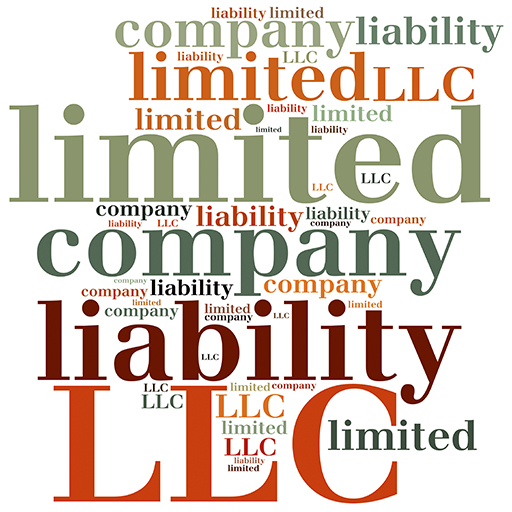3 Limited company
A limited company is a legal business entity in its own right and can enter into contracts, buy or sell goods, own property and be sued in the same way a person can. It can also open its own bank account, obtain credit cards and apply for business loans.

A limited company has ‘limited liability’ status, which means that your personal wealth is not at risk. The maximum you can lose is normally the value of your shares in the company. In return, you must publicly disclose the financial health of your company at Companies House (in the UK) on a regular basis so that customers and clients can assess the risk of doing business with you.
On the Companies House blog, Townley (2018) lists the following pros and cons of setting up a limited company.
| Pros | Cons |
|---|---|
| As long as the company name you want to use is available, you will have exclusive rights to that name. | There are costs: registering a limited company will cost £12 if you apply online. |
| Assuming no fraud has taken place, you will not be personally liable for any financial losses made by the business. | You’ll be required to provide information which will appear on the public register. This information will need to be confirmed or updated on a yearly basis (and can be accessed by competitors). |
| It may be a little easier for a company to secure business loans and investment. | You may need to pay an accountant to help you with the more complex accounting requirements and tax affairs. |
| As well as paying a lower % tax rate, a limited company may benefit from tax advantages relating to pensions, dividends and car ownership. | |
| If the directors are the main shareholders, business decisions can be made quickly and easily, allowing for a successful business strategy. |
Based on what you’ve learned so far this week, now work through Activity 3.
Activity 3 Choosing the best business structure for Sarah-Jane
Read the following case study and decide whether you think this individual should remain as a sole trader or register as a limited company.
Sarah-Jane is an actor. She is also an experienced voice coach and has recently started to find work with large corporate organisations looking to train their staff in presenting with confidence. Contracts with these companies can be lucrative so her annual income is increasing quickly. This year she expects to make in excess of £50,000.
She has recently had a couple of proposals turned down because she isn’t a limited company, which is apparently a requirement for some of her potential clients.
She hates paperwork and is comfortable with the reporting requirements for self-assessment.
What should Sarah-Jane do?
Discussion
Sarah-Jane may want to consider registering her business as a limited company in order to take full advantage of her changing freelance situation. Depending on her circumstances and contracts, if her earnings are in excess of £50,000, there may be financial benefits that could outweigh the cost of an accountant.
Freelancers often become limited companies further down the line and there are several possible reasons for this:
- Because potential clients in your sector might prefer to do business with a limited company than a sole trader – it can also enhance your professional image.
- If projects are significant and clients generally pass on the responsibility and risk to you, your personal assets will be better protected.
- If your business needs to grow, limited companies can often grow more quickly. Investors are more likely to give you funds.
- As your earnings increase, you might form a limited company if it enables you to pay less tax (but the tax rules are complex so this will not always be the case).
It is also possible for Sarah-Jane to set up a limited company for her coaching work, while maintaining her sole trader business for her acting work. However, this could become complicated and she would benefit from the involvement of an accountant to help her keep the businesses separate.
Depending on your idea, product or service, you might prefer to set up a completely different business entity for your project. For example, if you’re thinking about a specific community project that needs funding, you might consider setting up a charity. You’ll explore the difference between a charity and a social enterprise in the next section.
